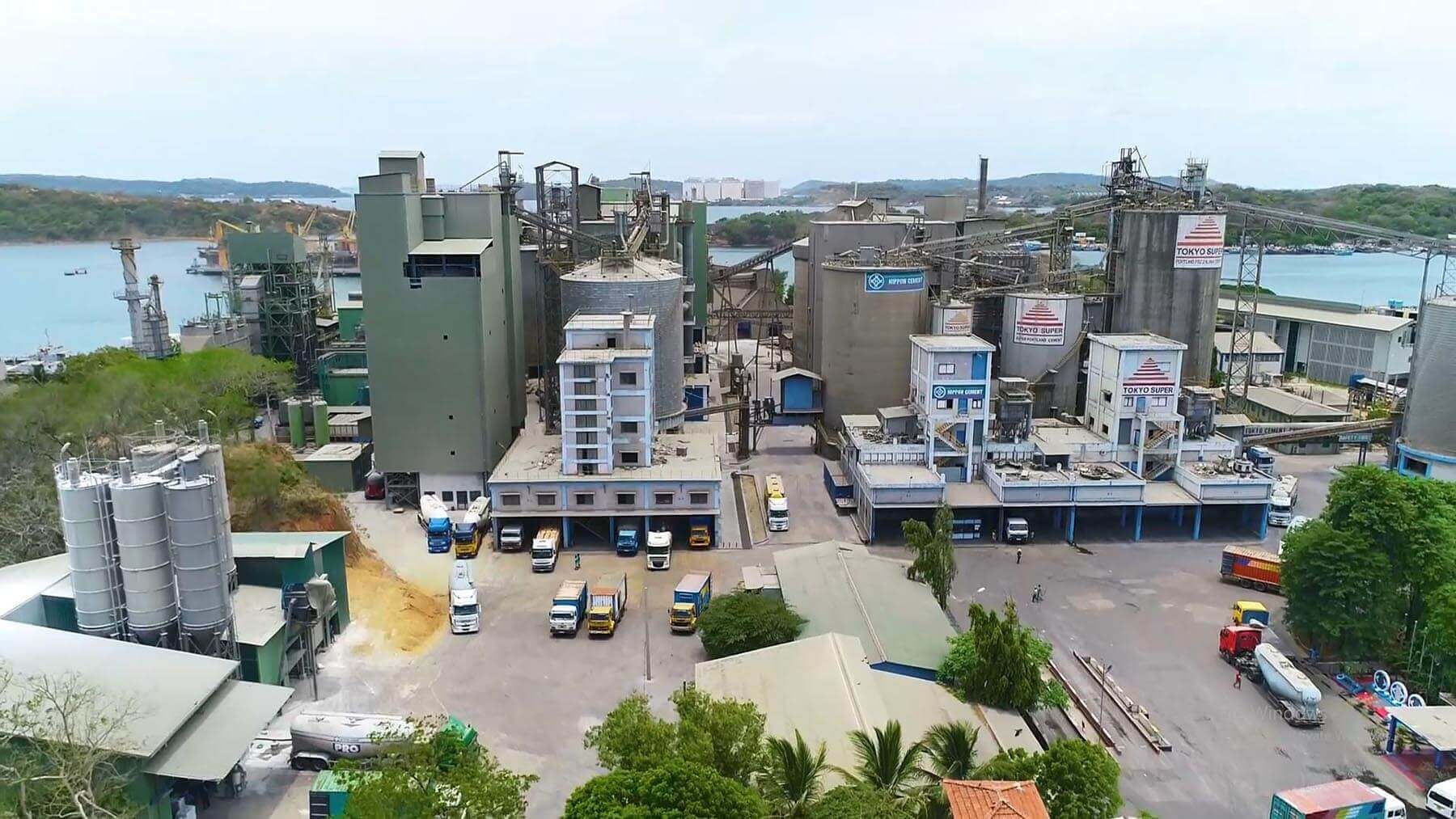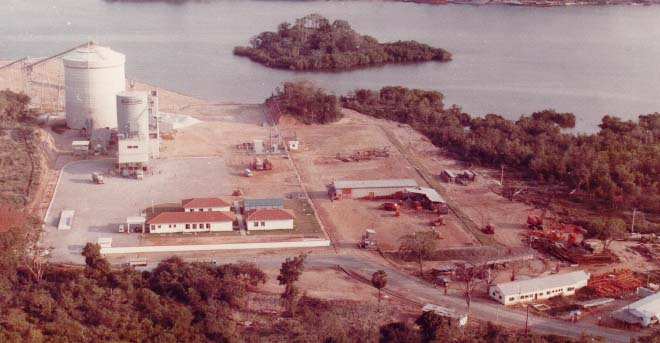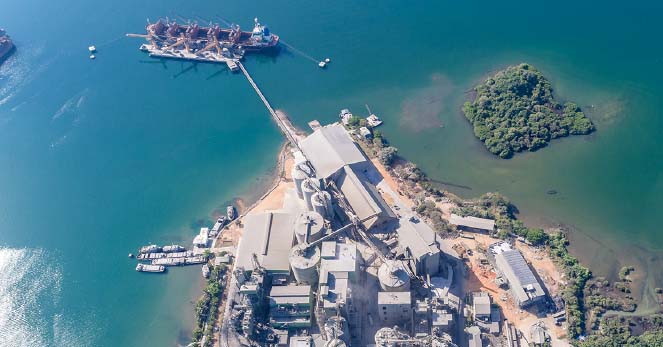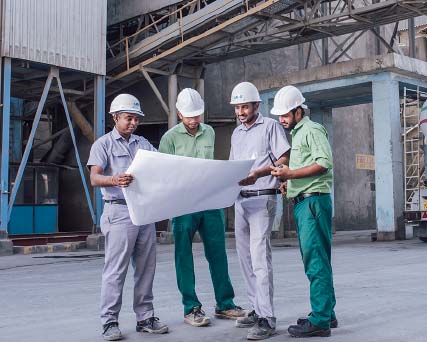Filtered Press Release : 2024 Nov

Tokyo Cement Group reports steady financial performance in FY24/25 Q2
Quarterly Financial Review Tokyo Cement Group (Tokyo Cement) reported a turnover of Rs.13,833 million compared to Rs.13,311 million over the same period of the previous year, and a Profit After Tax (PAT) of Rs.1,082 million compared to Rs. 642 million over the same period of the previous year, for the 2nd quarter ended 30th September …
Quarterly Financial Review
Tokyo Cement Group (Tokyo Cement) reported a turnover of Rs.13,833 million compared to Rs.13,311 million over the same period of the previous year, and a Profit After Tax (PAT) of Rs.1,082 million compared to Rs. 642 million over the same period of the previous year, for the 2nd quarter ended 30th September 2024.
The moderate 4% increase in turnover does not reflect the 19% sales volume growth, due to the reduction in prices in the corresponding periods. A one-rupee reduction of the CESS levied on each kilogram of imported clinker as well as bulk and bagged cement took effect from 6th September 2024. However, the industry performance remained relatively steady compared to that of the previous year, causing the Maximum Retail Price (MRP) of a 50Kg bag of cement to remain unchanged throughout the quarter under review.
The Economic Environment
The 2024 calendar year began with a positive economic outlook, as the country’s year-on-year GDP growth for Q1 2024 reached 5.3%. Economic indicators reported for Q2 also suggested strong growth. Factors such as relaxed monetary policy, improved supply conditions, a gradual recovery in external demand, a revival in tourism, and reduced uncertainties around debt restructuring, contributed to this sustained positivity.
Despite market interest rates decreasing due to the relaxed monetary policy, lending interest rates, except for prime lending rates, were declining at a slower pace than anticipated. However, the Central Bank’s decision to maintain the Standing Deposit Facility Rate (SDFR) and the Standing Lending Facility Rate (SLFR) at 8.25% and 9.25%, respectively, since their initial announcement in July, encouraged investors to pursue fixed-term loans for construction projects.
The construction industry was able to maintain prices without major fluctuations, further signaling stability. In addition, the Japanese government made an official announcement on releasing funds to resume bilateral projects undertaken in Sri Lanka which were previously put on hold. These factors helped boost investor confidence, stimulating a steady industry momentum, as indicated by the increased cement consumption compared to the same period last year.
Following the Gazette notification at the start of the quarter announcing the Presidential Election on September 21, 2024, several significant tariff reductions for fuel, energy, and utility services were implemented. However, this announcement dampened investment plans to some extent, as concerns about potential political uncertainty raised doubts on economic stability and its impact on the IMF program, which in turn affected market movements.
This was reflected in the Sri Lanka Purchasing Managers’ Index for the Construction Industry (PMI – Construction) during the quarter under review. In July, the PMI – Construction indicated a steady increase in construction activity, driven by multilateral agency-funded projects and an increase in new orders. By September, construction activities declined further due to site closures in view of election-related disruptions. However, the expectations for future activities are positive, with the availability of new projects.
Outlook
The economic outlook is perceived with a mix of optimism and caution by investors since the conclusion of the Presidential Election. The Government expressed their commitment to continuing the IMF program, along with efforts to negotiate further relief for middle and low-income groups. This should contribute to maintaining economic stability and sustaining the gradual positive outlook for domestic demand.
In the upcoming quarter, monsoon conditions could dampen some demand, whilst the parliamentary elections are expected to be slightly disruptive in the second week of November. Once the Government is formed and the fiscal and monetary agendas are outlined, consumers would have a greater understanding of how policies might influence their consumption. However, there are early positive indicators of incoming demand in the form of increased requests for credit and other borrowing mechanisms by the construction industry. The Company remains optimistic of the industry momentum and expects this trend to continue, driven by increased individual purchasing power and a stable economic environment, leading to sustained demand growth.
Whilst maintaining its conservative outlook for the short to medium term, Tokyo Cement remains optimistic of stabilisation of the country’s economic fundamentals as the year progresses. The Group will maintain the stringent cost control measures already in place to protect the interests of its stakeholders. The Tokyo Cement Group remains agile to the changes in the business environment and stands ready to be an active participant in the country’s efforts to reignite the economy.
Archive
| 2025 | Jan | Feb | Mar | Apr | May | Jun | Jul | Aug | Sep | Oct | Nov | Dec |
| 2024 | Jan | Feb | Mar | Apr | May | Jun | Jul | Aug | Sep | Oct | Nov | Dec |
| 2023 | Jan | Feb | Mar | Apr | May | Jun | Jul | Aug | Sep | Oct | Nov | Dec |
| 2022 | Jan | Feb | Mar | Apr | May | Jun | Jul | Aug | Sep | Oct | Nov | Dec |
| 2021 | Jan | Feb | Mar | Apr | May | Jun | Jul | Aug | Sep | Oct | Nov | Dec |
| 2020 | Jan | Feb | Mar | Apr | May | Jun | Jul | Aug | Sep | Oct | Nov | Dec |
| 2019 | Jan | Feb | Mar | Apr | May | Jun | Jul | Aug | Sep | Oct | Nov | Dec |
| 2018 | Jan | Feb | Mar | Apr | May | Jun | Jul | Aug | Sep | Oct | Nov | Dec |
| 2017 | Jan | Feb | Mar | Apr | May | Jun | Jul | Aug | Sep | Oct | Nov | Dec |







